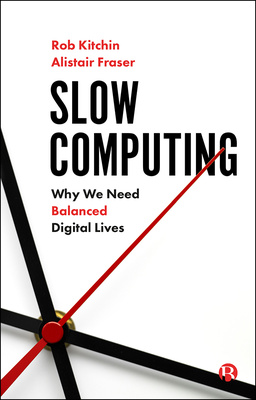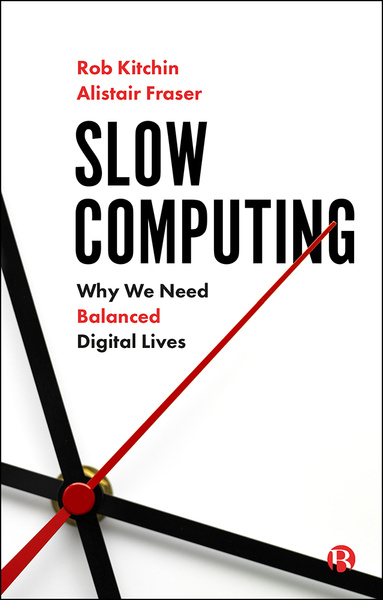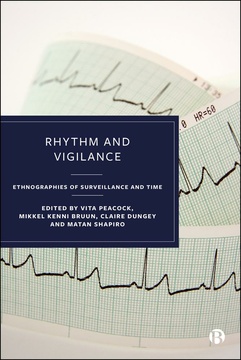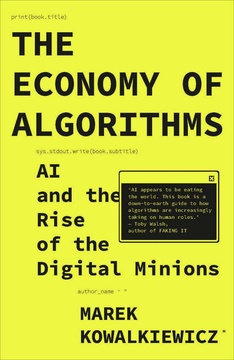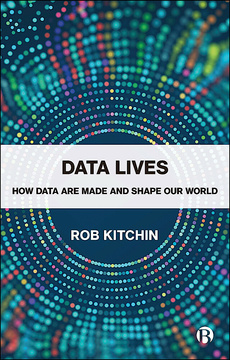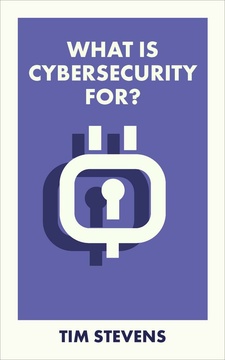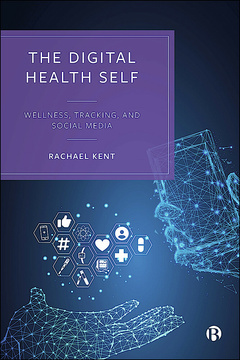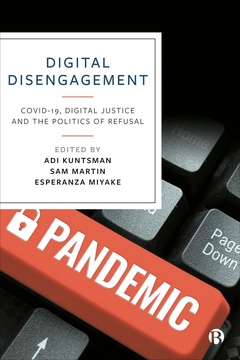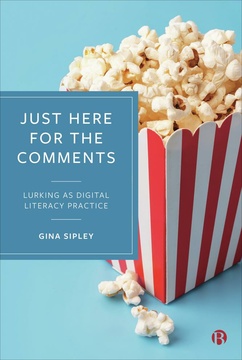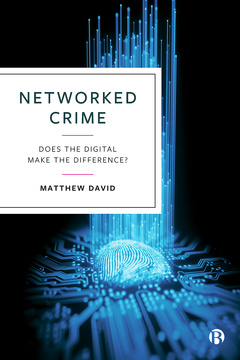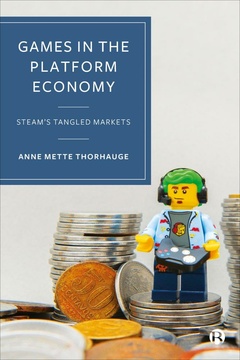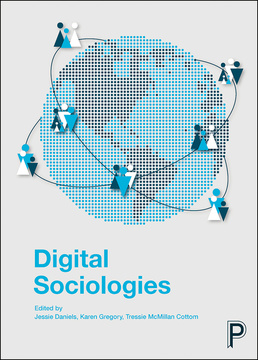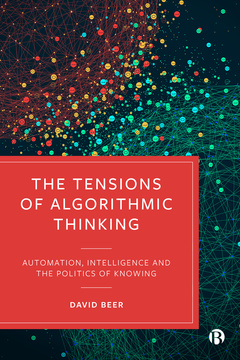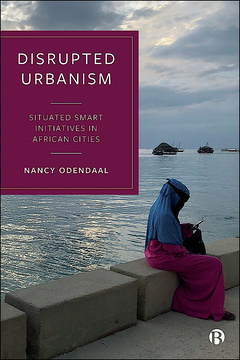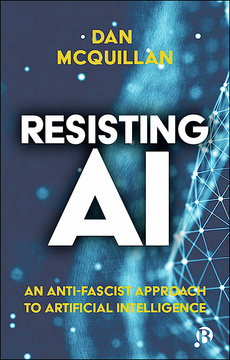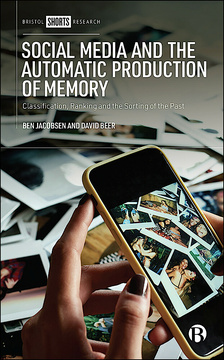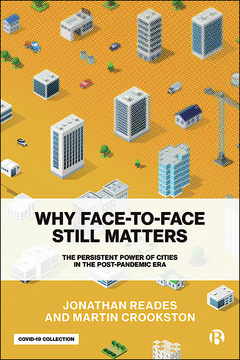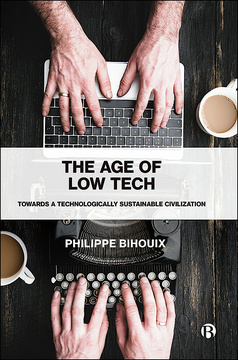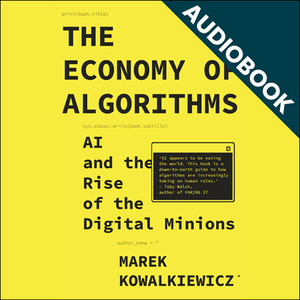Published
Sep 24, 2020Page count
224 pagesISBN
978-1529211269Dimensions
216 x 138 mmImprint
Bristol University PressPublished
Sep 24, 2020Page count
224 pagesISBN
978-1529211283Imprint
Bristol University PressPublished
Sep 24, 2020Page count
224 pagesISBN
978-1529211283Imprint
Bristol University PressRead the author’s coda, written in response to COVID-19.
View the Slow Computing website
In the media
On our blog: PODCAST: Taking back control of our digital lives
On our blog: Digital tech is tiring and terrifying. We need to do something about it
'Out of office but never off the phone: reasons to create a right to disconnect' in Independent.ie
Digital technologies should be making life easier. And to a large degree they are, transforming everyday tasks of work, consumption, communication, travel and play. But they are also accelerating and fragmenting our lives affecting our well-being and exposing us to extensive data extraction and profiling that helps determine our life chances.
Initially, the COVID-19 pandemic lockdown seemed to create new opportunities for people to practice ‘slow computing’, but it quickly became clear that it was as difficult, if not more so, than during normal times.
Is it then possible to experience the joy and benefits of computing, but to do so in a way that asserts individual and collective autonomy over our time and data?
Drawing on the ideas of the ‘slow movement’, Slow Computing sets out numerous practical and political means to take back control and counter the more pernicious effects of living digital lives.
“Clearly identif[ies] the issues and gets [its] teeth into solutions, ideas, and concepts in terms of how we need to be more sentient around these issues. There are lots of good suggestions to follow and we strongly recommend you engage with them.” Irish Tech News
"Fraser and Kitchin’s work at the intersection of digital technologies and society continues to reshape the ways we think through and engage with these powerful devices." Jim Thatcher, University of Washington Tacoma
"It is increasingly clear that computers are compressing our lives in damaging ways, but we cannot live without them, so we must find a route to a more moderated way of digital. The wide ranging analysis in Slow Computing provides the best available route maps." Martin Dodge, University of Manchester
"A timely, critical and vital manifesto on how we can break free of the trance-like state our digital devices and platforms hold us in and take back control of computing."
Leighton Evans, Swansea University
"No one knows yet where the digital acceleration of our lives will lead – this is a most powerful and illuminating plea for us citizens to take back control!" Hartmut Rosa, Friedrich Schiller University, Jena
“Convincingly demonstrates how finding the 'right speed' can enhance the pleasure of using digital technologies and bring agency and balance back into people's lives.” Deborah Lupton, UNSW Sydney, Australia
"While new processors and networking protocols promise ever-faster computational power, Kitchen and Fraser prompt us to ask whether speed is an inherent good. Computing slowly can offer both individual and collective means of countering over-extension, exhaustion, exploitation, acceleration, extraction, and injustice." Shannon Mattern, The New School, New York
“Offers a rallying call for digital balance and practical steps to becoming more politically aware in the use of digital devices. A remarkable and timely read.” James Ash, Newcastle University
"This perceptive and engaging book provides a clear diagnosis and a thoughtful prescription for taking back control of our digital lives"." Teresa Scassa, University of Ottawa
"Responding to the pace of our dizzying tech-dominated lifestyles, this stunningly crafted book helps the reader to think, reflect and keep their balance." David Beer, University of York
“An important contribution to understanding our technological present and future. It handles complicated matters with a deft touch, without minimizing the scholarly arguments.” Paul Dourish, University of California
“We urgently need strategies for reclaiming control over our digital lives. Slow Computing offers exactly that. A powerful manifesto for a kinder, calmer, and fairer digital future.” Mark Graham, Oxford University
"Two world-class digital scholars explain brilliantly why and how we, as individuals and as society, need to slow down our digital pace." Liesbet van Zoonen, Erasmus University Rotterdam
Rob Kitchin is a Professor in the Maynooth University Social Sciences Institute, Ireland. He is author/editor of a number of books about technology and society, and is a recipient of the Royal Irish Academy’s Gold Medal for the Social Sciences.
Alistair Fraser is a Lecturer in Geography in Maynooth University, Ireland. His research engages diverse themes, including rural change, food, music, and digital life.
Living Digital Lives
Accelerating Life
Monitoring Life
Personal Strategies of Slow Computing
Slow Computing Collectively
An Ethics of Digital Care
Towards a More Balanced Digital Society







